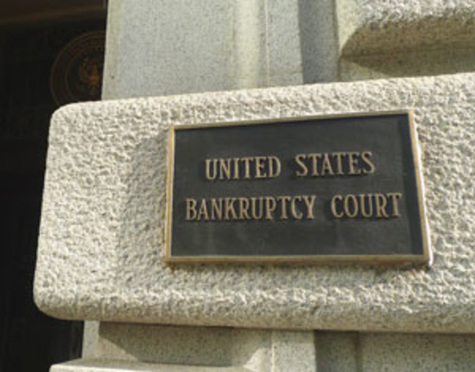Understanding bankruptcy court jurisdiction can be daunting even for the most seasoned practitioner. The appellate process alone generally requires bankruptcy court decisions to first be reviewed by a district court and only then by a court of appeals. Even the question of when a bankruptcy court order is ripe for appeal can be complex. The good news is that the United States Court of Appeals for the Sixth Circuit in Ritzen Group v. Jackson Masonry (In re Jackson Masonry), 2018 U.S. App. LEXIS 29009 (6th Cir. 2018), recently addressed the vagueness of current tests for determining the finality of a bankruptcy court order and provided some clarity as to when the appeal period begins to run.
Pre-petition, Ritzen Group, Inc. and Jackson Masonry entered into a machinery purchase agreement. The sale, however, never closed as both Ritzen and Jackson Masonry each claimed that the other was in breach. Ritzen sued in state court, but a week before the trial date, Jackson Masonry commenced Chapter 11, thus triggering the automatic stay. Ritzen filed a stay relief motion to allow the state court action to proceed. Although the bankruptcy court denied the motion, Ritzen did not immediately appeal.
This content has been archived. It is available through our partners, LexisNexis® and Bloomberg Law.
To view this content, please continue to their sites.
Not a Lexis Subscriber?
Subscribe Now
Not a Bloomberg Law Subscriber?
Subscribe Now
LexisNexis® and Bloomberg Law are third party online distributors of the broad collection of current and archived versions of ALM's legal news publications. LexisNexis® and Bloomberg Law customers are able to access and use ALM's content, including content from the National Law Journal, The American Lawyer, Legaltech News, The New York Law Journal, and Corporate Counsel, as well as other sources of legal information.
For questions call 1-877-256-2472 or contact us at [email protected]


 U.S. Bankruptcy Court.
U.S. Bankruptcy Court.




